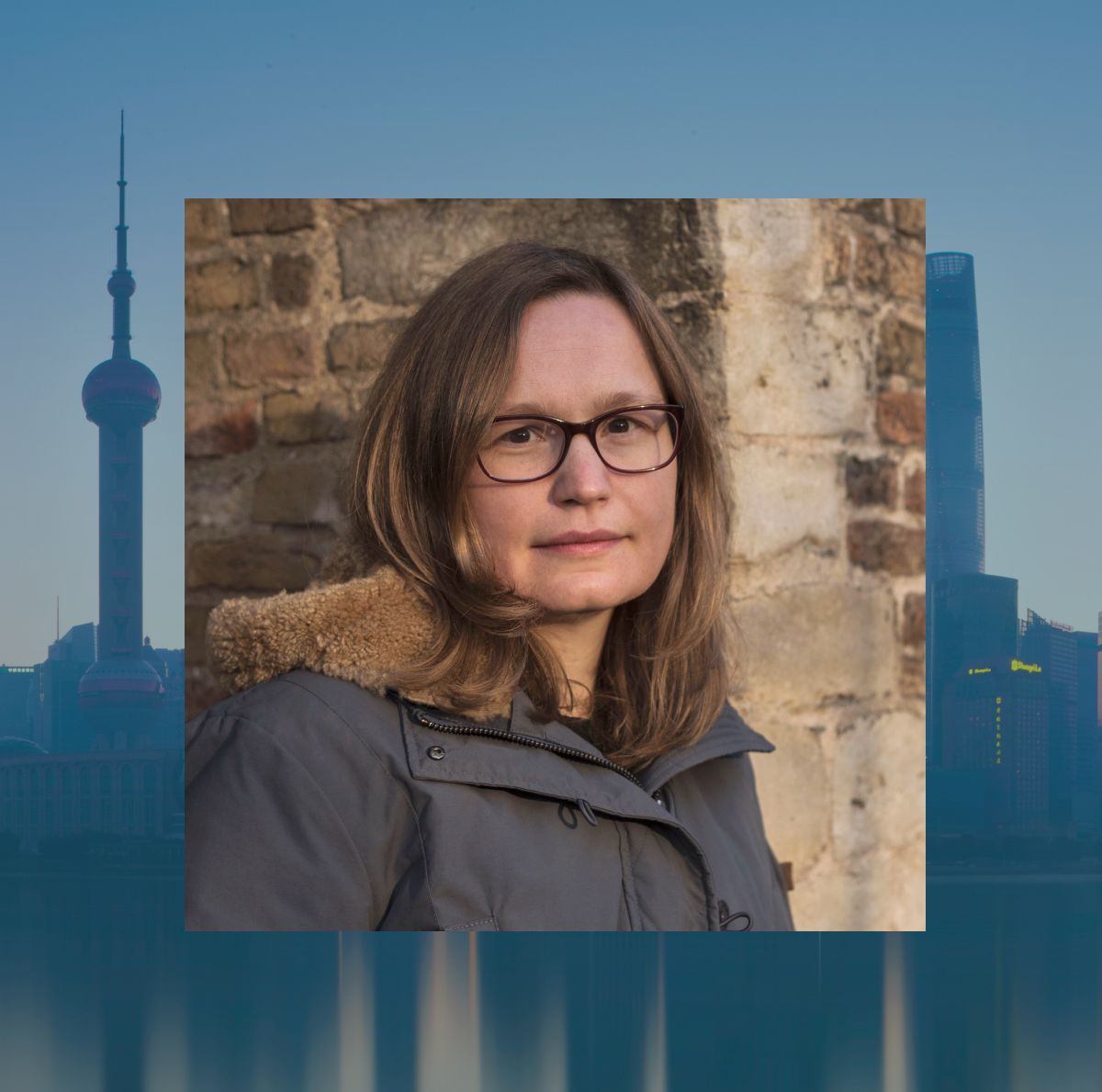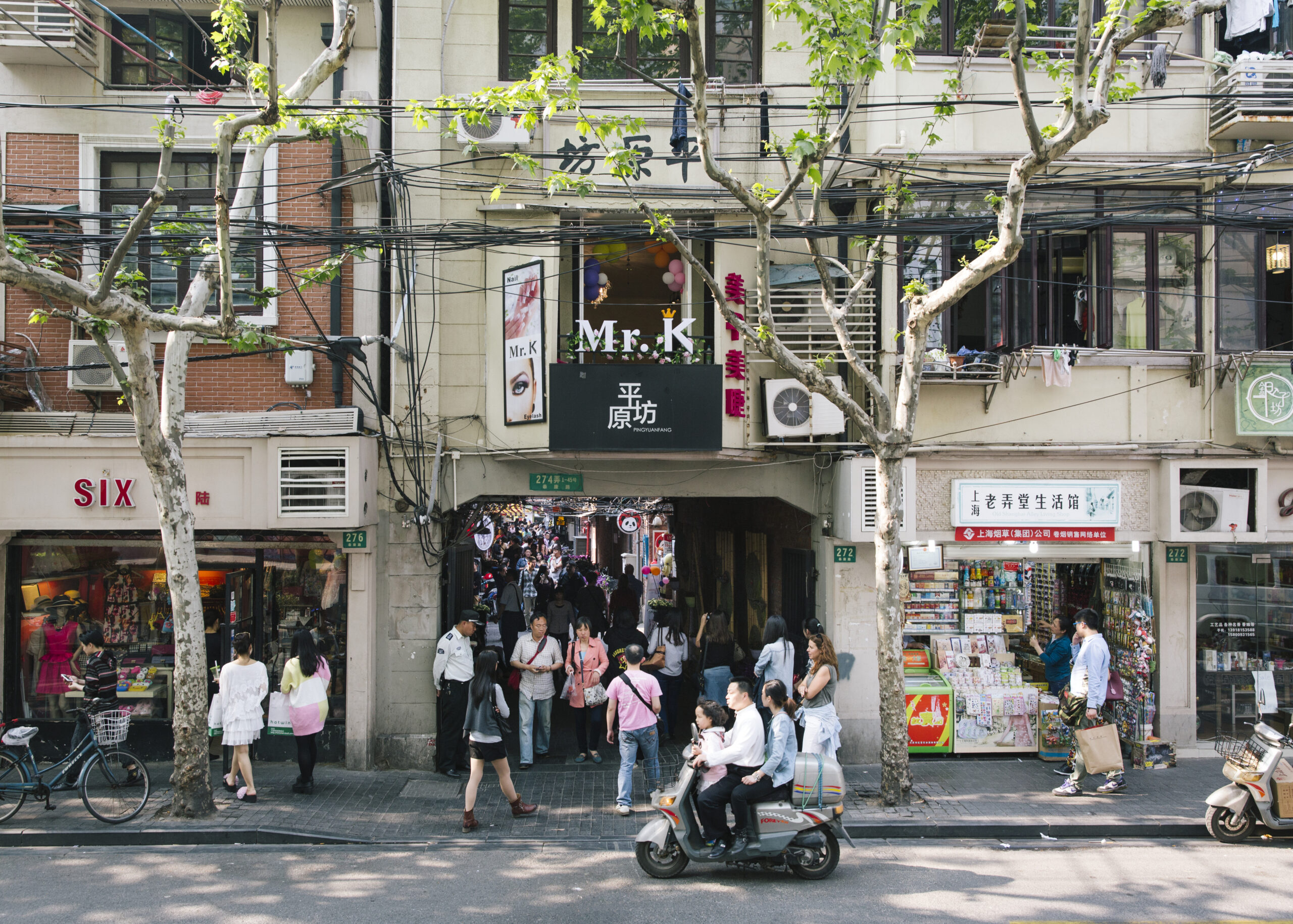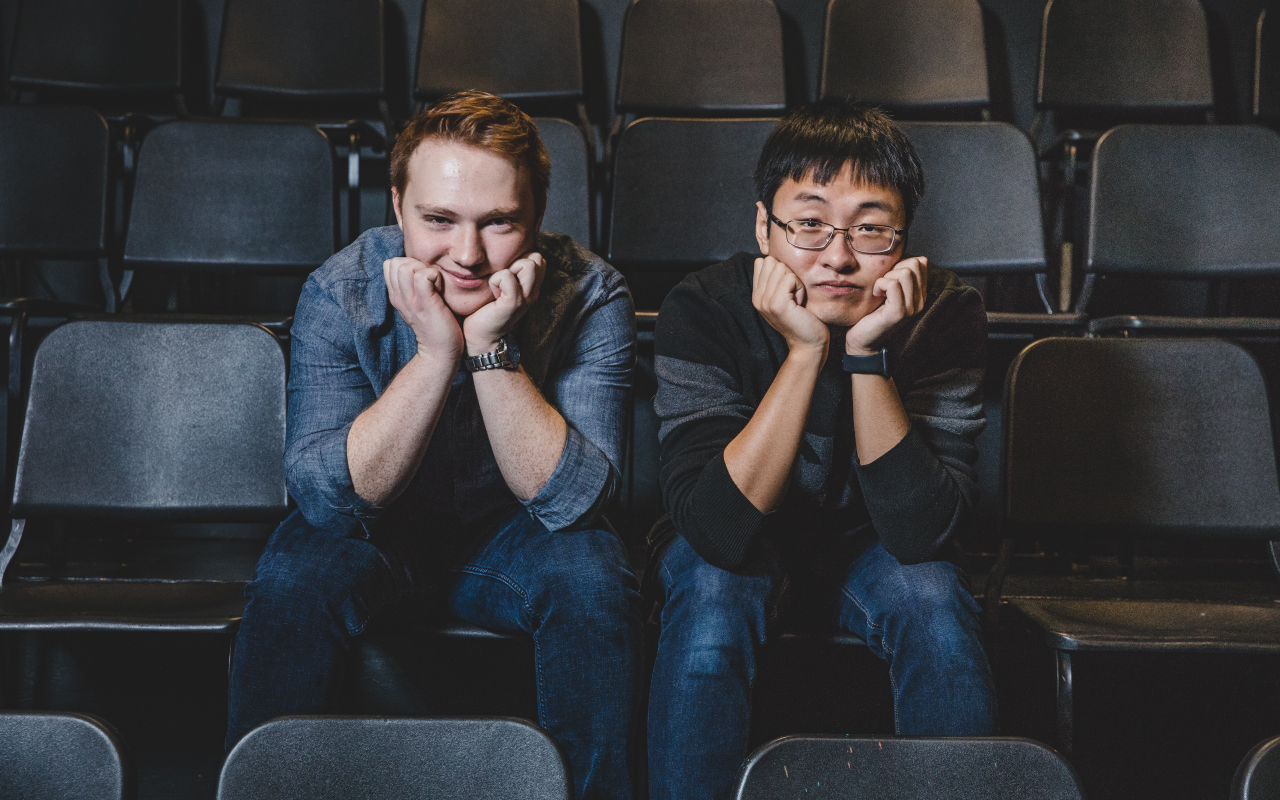
“When I’m teaching, I think about what courses I wish I could have taken as a college student,” says Dr. Lena Scheen, assistant professor of global China studies at NYU Shanghai. The two popular courses she teaches, Shanghai Stories and Global Connections: Shanghai, center on the city’s unique and multifaceted history, culture, and landscape. Professor Scheen challenges her students to get out and engage with the places each course covers. It’s an exciting way to learn. And since the courses are electives, students in any major can add them to their studies.

It Happens Here: Shanghai Stories
Shanghai Stories covers 100 years of Shanghainese culture and history, as told by the fiction writers who have called the city home. Each week, students read authors whose stories take place in Shanghai, then go into the city to explore the locations where the stories are set. Professor Scheen explains, “If you actually walk along the routes being written about, you place yourself in the story. You find yourself where the characters were, seeing what they might have seen, or seeing how a place has changed.”
Though the course is taught in English (NYU Shanghai’s language of instruction), it incorporates both Chinese and international authors. Shanghai Stories includes living writers—such as International Booker Prize nominee Wang Anyi—who often visit the class to discuss their work with students. As Professor Scheen puts it, “The stories we read are fiction, but nothing comes closer to reality than fiction. Fiction reveals to us the complexity of who we are, as individuals and as a society.” The course offers rich and fun ways to learn about Shanghai’s history, Chinese culture, and, more broadly, the human experience.

What Will We Build? Global Connections: Shanghai
Likewise Dr. Scheen’s course Global Connections: Shanghai examines the city’s history. In addition, the course analyzes the city’s rise in international stature through the lens of urban development. For the course’s final project, students craft arguments—addressed to the Cultural Heritage Committee of the Shanghai Municipal Government—for the preservation of a historic building. Additionally students interview the building’s current residents or workers, collect archival material about the place in question, and gather information about its architectural significance. What’s more, Dr. Scheen asks participants to consider what new uses the structure might have for today’s citizens. The knowledge NYU Shanghai students gain in Professor Scheen’s courses can strengthen other studies ranging from business to interactive media arts.
Find Your Path Through Discovery
Originally from the Netherlands, Dr. Scheen first became interested in Chinese history and literature when she was studying the language. She began learning the language to become either an international correspondent or a journalist. Now she researches and writes about the social, cultural, and mental impact of rapid urbanization, focusing on Shanghai and storytelling.
Dr. Scheen’s advice for new college students is simple: keep your options open and find your path while doing it. “Many feel immense pressure to know exactly what they will do or attain certain achievements,” she explains. Instead of planning far into the future, Dr. Scheen suggests going for subjects that excite you and give you energy. “When you have the curiosity to continue learning more about a topic, that’s how you know it’s for you.” She cites the fast-changing nature of work as one important reason to stay flexible and open to new knowledge and experiences, which are two things NYU Shanghai offers to a high degree. “It’s not just that you discover new things,” she remarks. “You also develop yourself as you change. You become a different person.”



